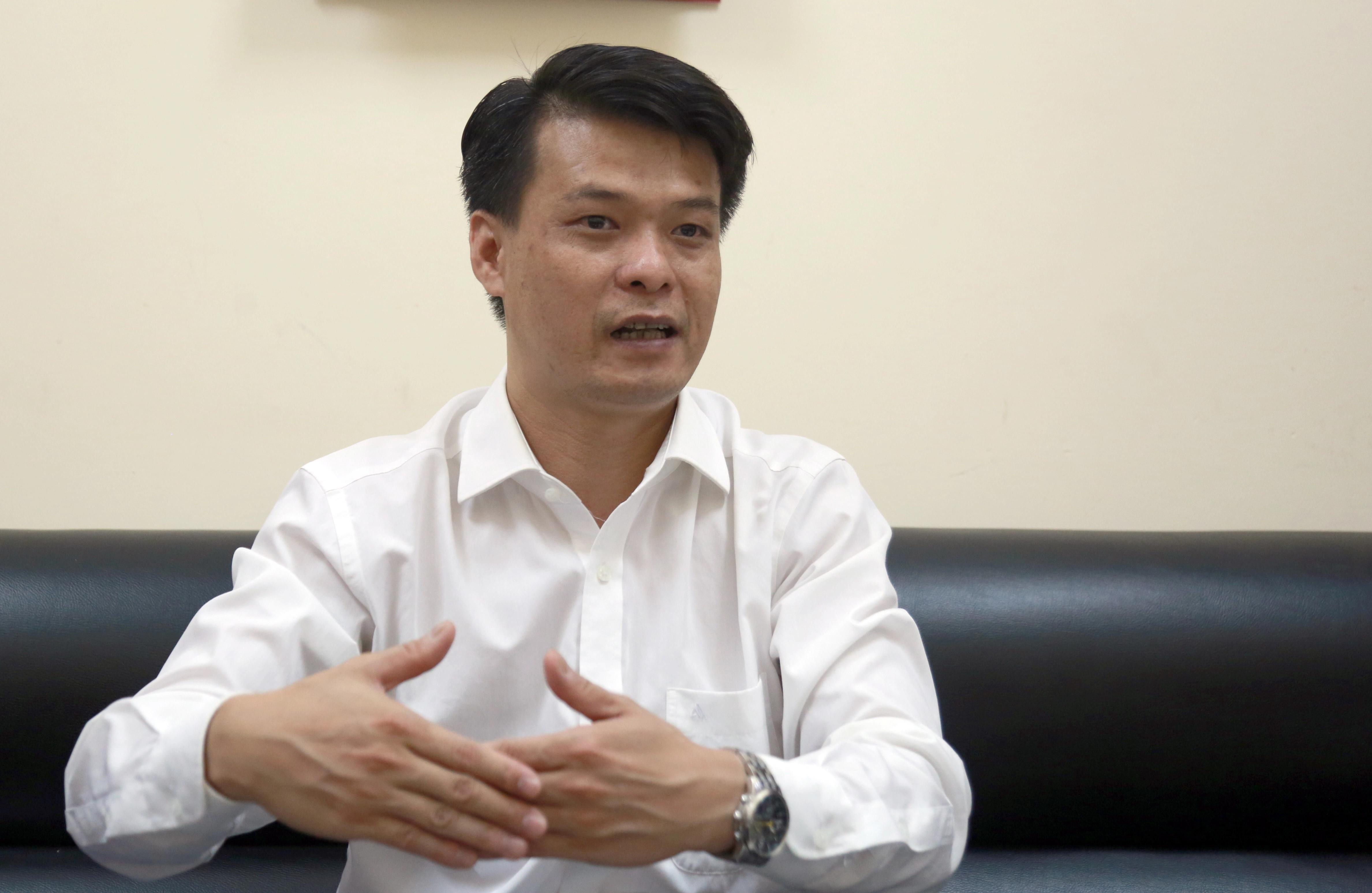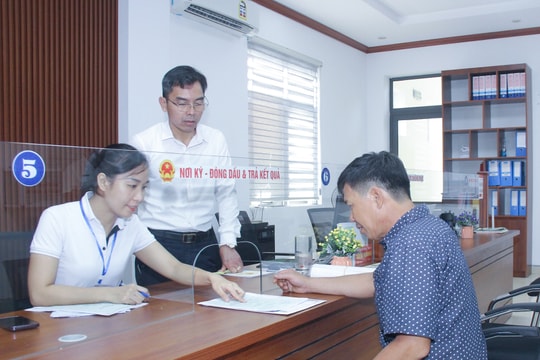19 negative behaviors: Officials should put them on the table for self-reflection and self-correction
Associate Professor Dr. Nguyen Trong Phuc, former Director of the Institute of Party History, emphasized that with the 19 negative behaviors pointed out, every cadre and party member, especially those with positions and power, should put them on their desks to always self-reflect and self-correct.
Speaking to reporters, Associate Professor Dr. Nguyen Trong Phuc, former Director of the Institute of Party History, said that he personally supports the Central Steering Committee on Anti-Corruption and Negative Behavior to issue guidelines that clearly state 19 groups of negative behaviors. This guideline has practical significance, so that the entire Party and people can base on it to prevent and combat negative behaviors more effectively.
According to Associate Professor Dr. Nguyen Trong Phuc, when there are specific instructions, the Provincial Steering Committee for Anti-Corruption and Negative Behavior will clearly identify each negative behavior. In addition, each cadre and party member, especially those with positions and power, must be more aware of these 19 groups of behaviors.
 |
Associate Professor, Dr. Nguyen Trong Phuc - former Director of the Institute of Party History. |
"Perhaps every cadre and party member, especially those with positions and power, should place the issued guide clearly stating the 19 negative behaviors on their desks so that they can always self-reflect, self-correct, and not violate regulations," said the former Director of the Institute of Party History.
To make prevention and control effective, according to Mr. Nguyen Trong Phuc, it depends on the Party organization, the government and each cadre and civil servant. Accordingly, Party organizations and governments at all levels must strictly maintain Party discipline, the law, and control power well.
“If power is not controlled, degraded cases can still take advantage of legal loopholes to do illegal things,” Mr. Phuc said.
It is important for each cadre and party member to consciously cultivate, practice, respect personal honor, and always avoid behaviors that lead to corruption and negativity.
"As for those who deliberately violate, the authorities must base on the Party's regulations and the law to handle them strictly, with no forbidden zones and no exceptions," said Mr. Phuc.
Recognizing negative behavior, cadres self-reflect and self-correct.
Regarding the same issue, Dr. Nguyen Van Dang, a researcher on Public Administration and Policy (lecturer at the Ho Chi Minh National Academy of Politics) said that the guidance on preventing 19 negative behaviors is a very close direction of the Central Government in the work of preventing and combating corruption and negativity.
According to Dr. Nguyen Van Dang, the guideline listing 19 negative behaviors is a more specific step, clearly indicating the manifestations that easily lead to corruption and negativity.
“These 19 acts are mainly related to the public sector, that is, more in the state management sector. These are officials and civil servants who can use public power to issue decisions. That is the risk of corruption and negativity,” said Dr. Nguyen Van Dang.
 |
| Dr. Nguyen Van Dang, researcher of Public Administration and Policy (lecturer at Ho Chi Minh National Academy of Politics). |
With this "handbook", local officials, especially at the grassroots level, will easily recognize negative behaviors to combat and prevent them. The issuance of specific identification guidelines for these behaviors also allows officials and party members to look at them to adjust themselves accordingly and avoid violations. In addition, when negative manifestations are reported by officials, party members and people, anti-corruption and anti-negativity agencies can rely on this regulation to handle them according to their authority.
Regarding the issue of effective implementation, according to Dr. Nguyen Van Dang, the Steering Committee for Anti-Corruption and Negative Behavior of provinces and cities must disseminate the information to every cadre and party member. In addition, agencies must organize research and discuss thoroughly the 19 negative behaviors that have just been pointed out.
"Once popularized and thoroughly researched, this regulation will be a reference point for officials and party members to look at for prevention," said Dr. Nguyen Van Dang.
According to Dr. Nguyen Van Dang, the key to effectiveness depends largely on the awareness of each cadre and party member. “If the head of the unit cares about thoroughly disseminating instructions to each cadre and party member, the work of preventing and combating negativity will be effective. On the contrary, if the head only disseminates in a formal, perfunctory manner, without discussion... then the instructions will not be as effective as desired,” Dr. Nguyen Van Dang recommended.


